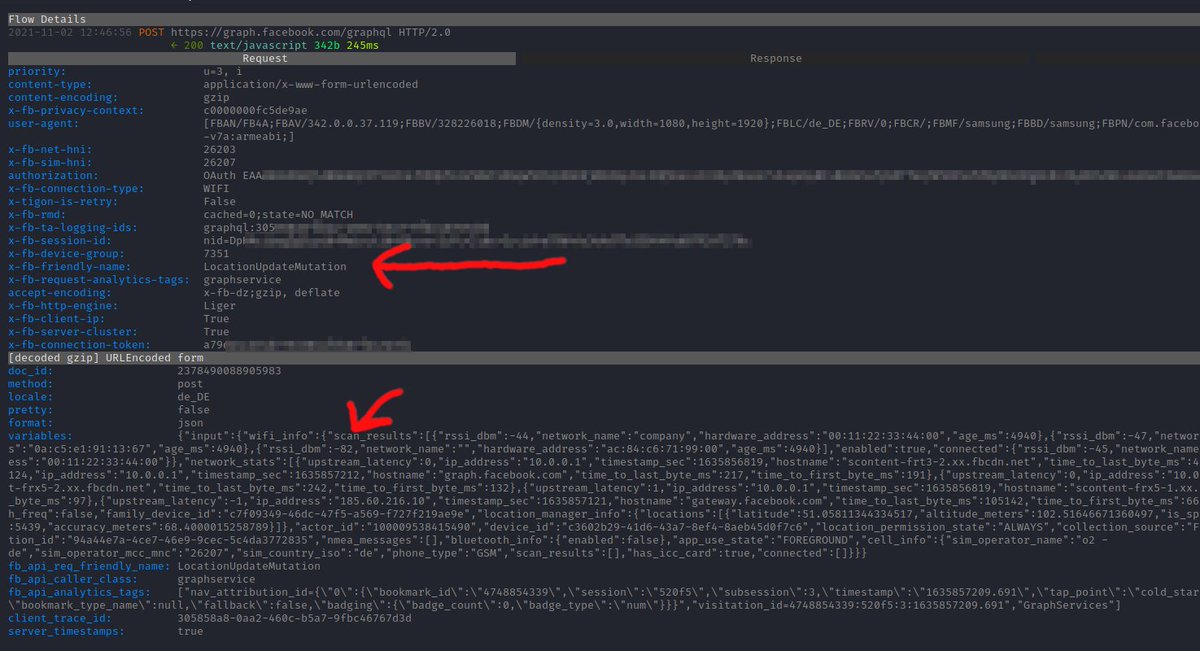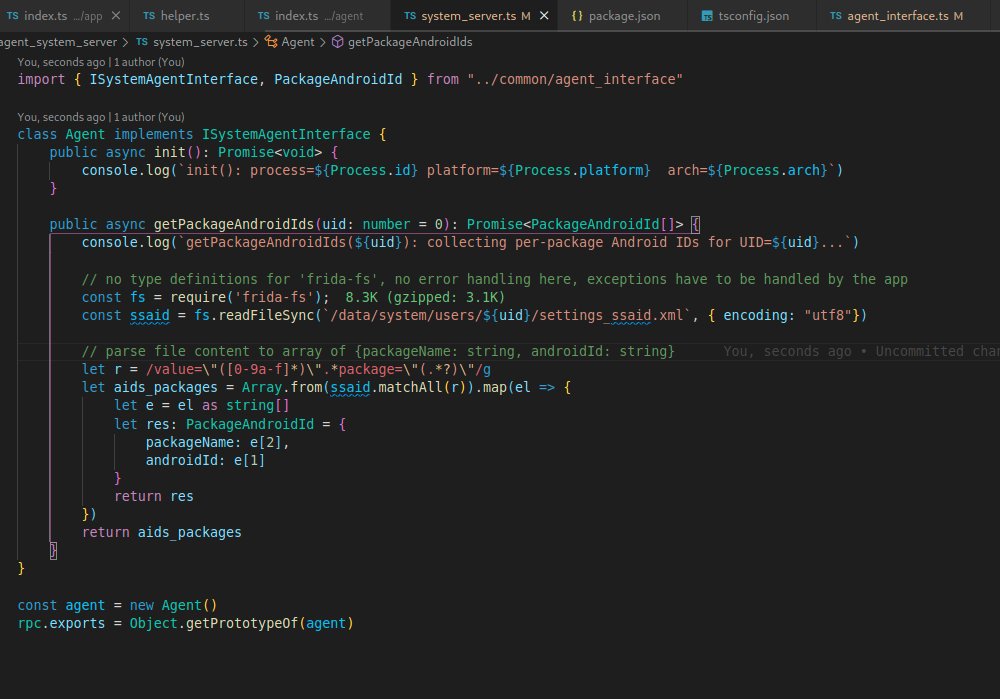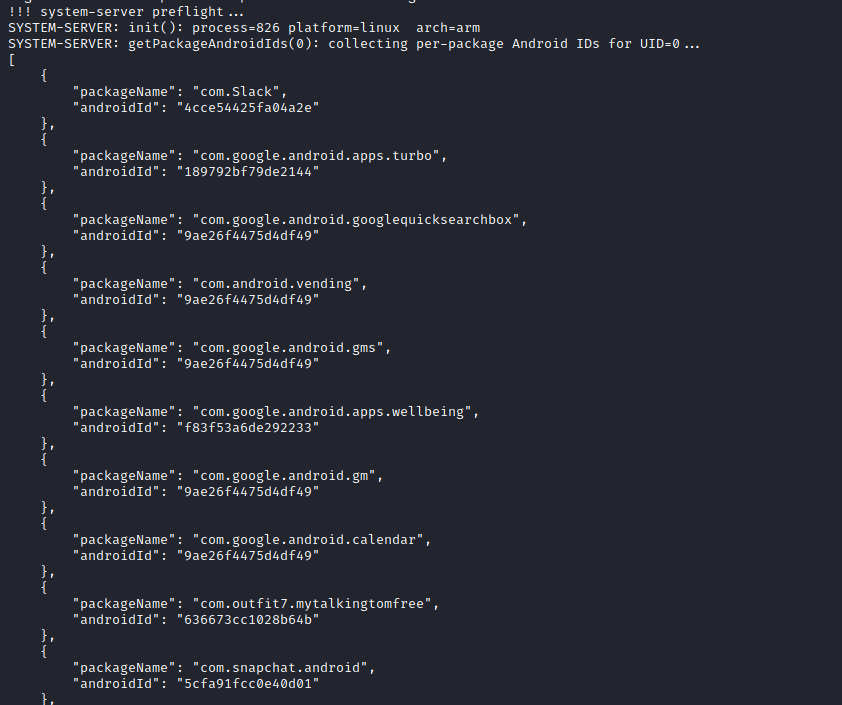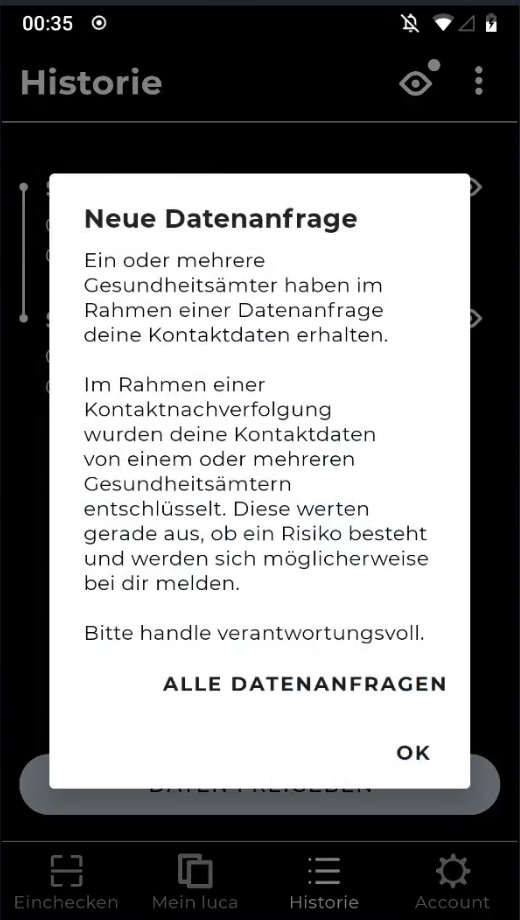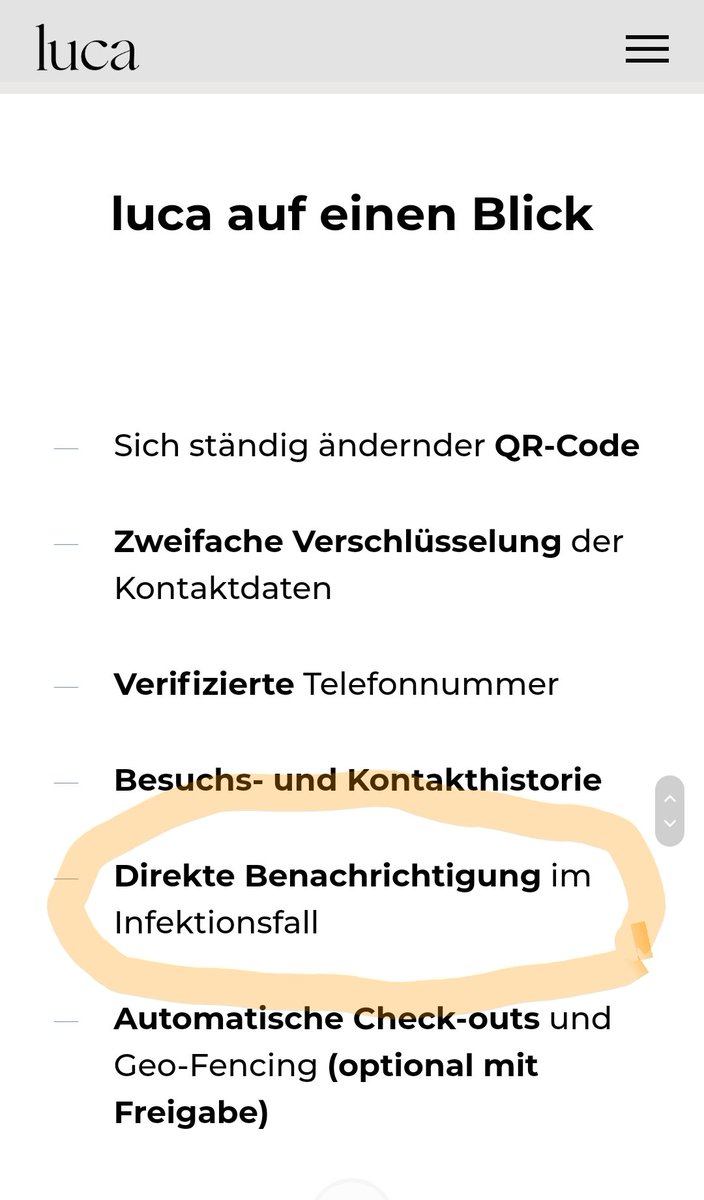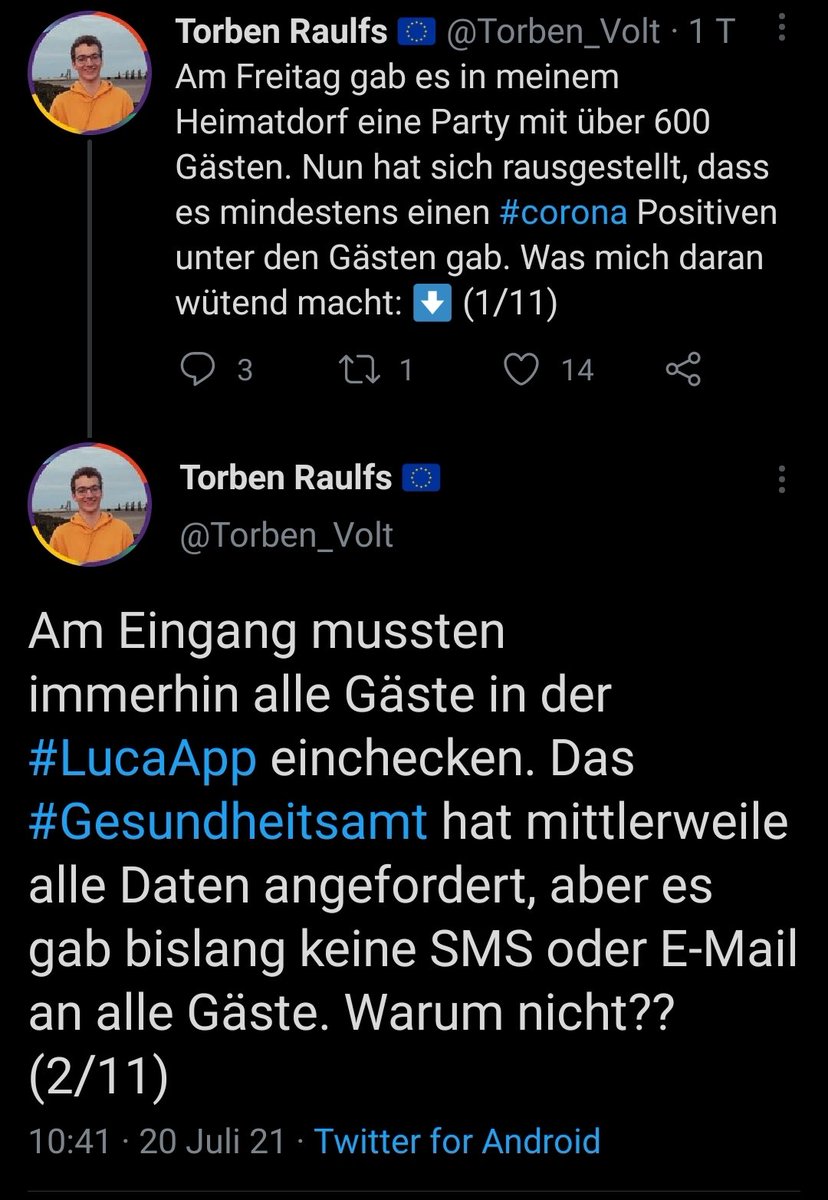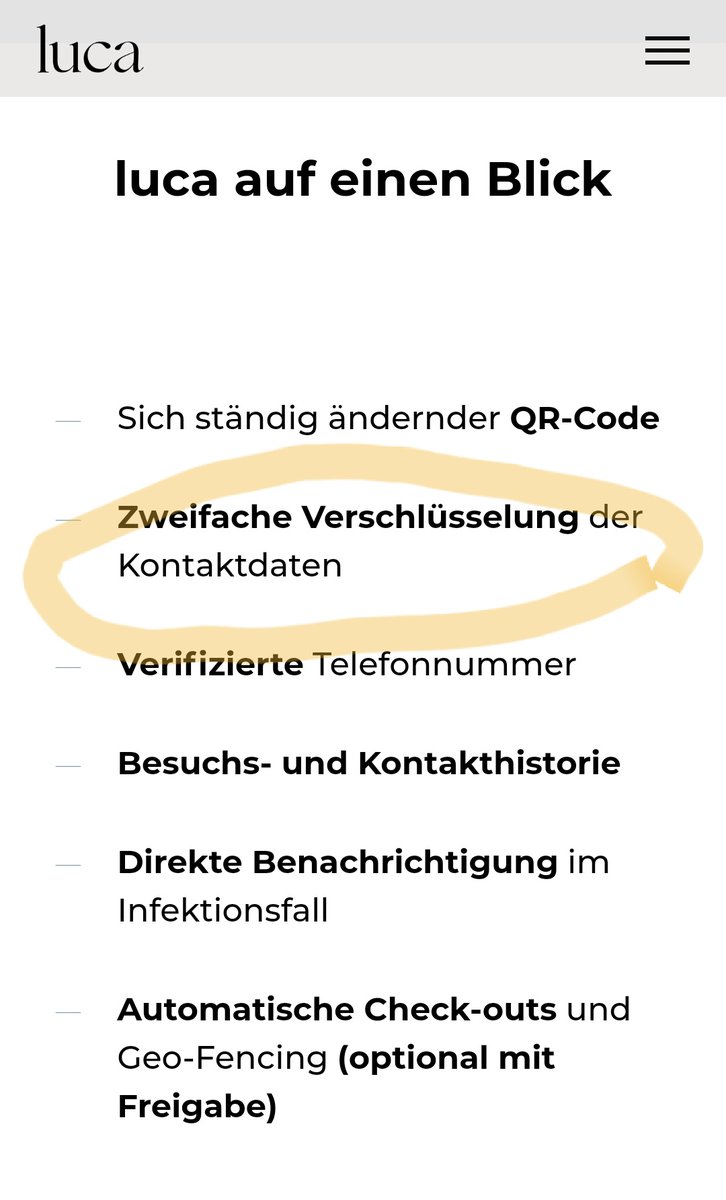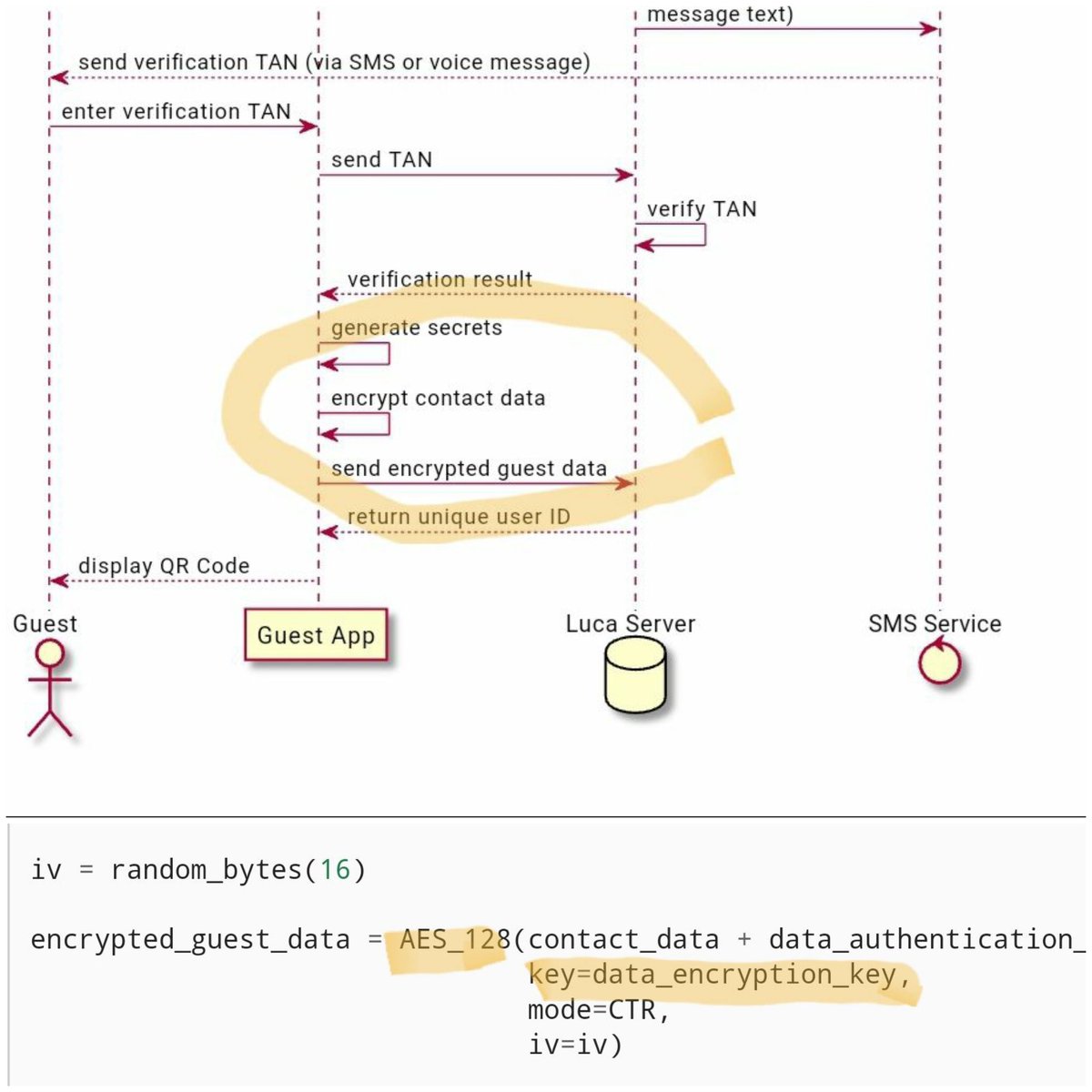
@RoganDawes:
just fixed some compilation errors for "community_nrf52_arduino" (wrong atomic declaration, missing 'utoa' definition).
Now that code compiles, I can't flash a pca10059 (nordic nrf52840 dongle) from Arduino IDE.
Further assumed this requires ...
just fixed some compilation errors for "community_nrf52_arduino" (wrong atomic declaration, missing 'utoa' definition).
Now that code compiles, I can't flash a pca10059 (nordic nrf52840 dongle) from Arduino IDE.
Further assumed this requires ...
... an Arduino bootloader on the board.
Overwriting the Nordic BL would have to be done with an external programmer.
When I try to find out if this is really necessary, I noticed that you, Rogan, was working on the topic (as most if the times)
github.com/adafruit/Adafr…
Overwriting the Nordic BL would have to be done with an external programmer.
When I try to find out if this is really necessary, I noticed that you, Rogan, was working on the topic (as most if the times)
github.com/adafruit/Adafr…
Questions:
Could I get around BL re-flash to make pca10059 work with Arduino sketches?
Could I get around BL re-flash to make pca10059 work with Arduino sketches?
If BL flashing is required, does it need JLINK or could I get away with a messy CMSIS DAP wiring, as I did with the Makerdiary?
https://twitter.com/mame82/status/1098516205730779136
Mentioning Makerdiary:
Have you experimented with Arduino support for the Makerdiary nrf52840 boards (MDK dongle, MDK, Pitaya Go)?
Have you experimented with Arduino support for the Makerdiary nrf52840 boards (MDK dongle, MDK, Pitaya Go)?
@RoganDawes nvm, got arduino "led blink" example running
Bootloader flashing couldn't be avoided, but my usual "breadboard abuse" avoided soldering.
Leaving this here for future reference: Adafruit IBDAP CMSIS-DAP wired for OpenOCD flashing pca10059 via SWD
Leaving this here for future reference: Adafruit IBDAP CMSIS-DAP wired for OpenOCD flashing pca10059 via SWD

... and flashing the Arduino bootloader for @NordicTweets nRF52840 dongle (pca10059) 

@NordicTweets @threadreaderapp please unroll
• • •
Missing some Tweet in this thread? You can try to
force a refresh


